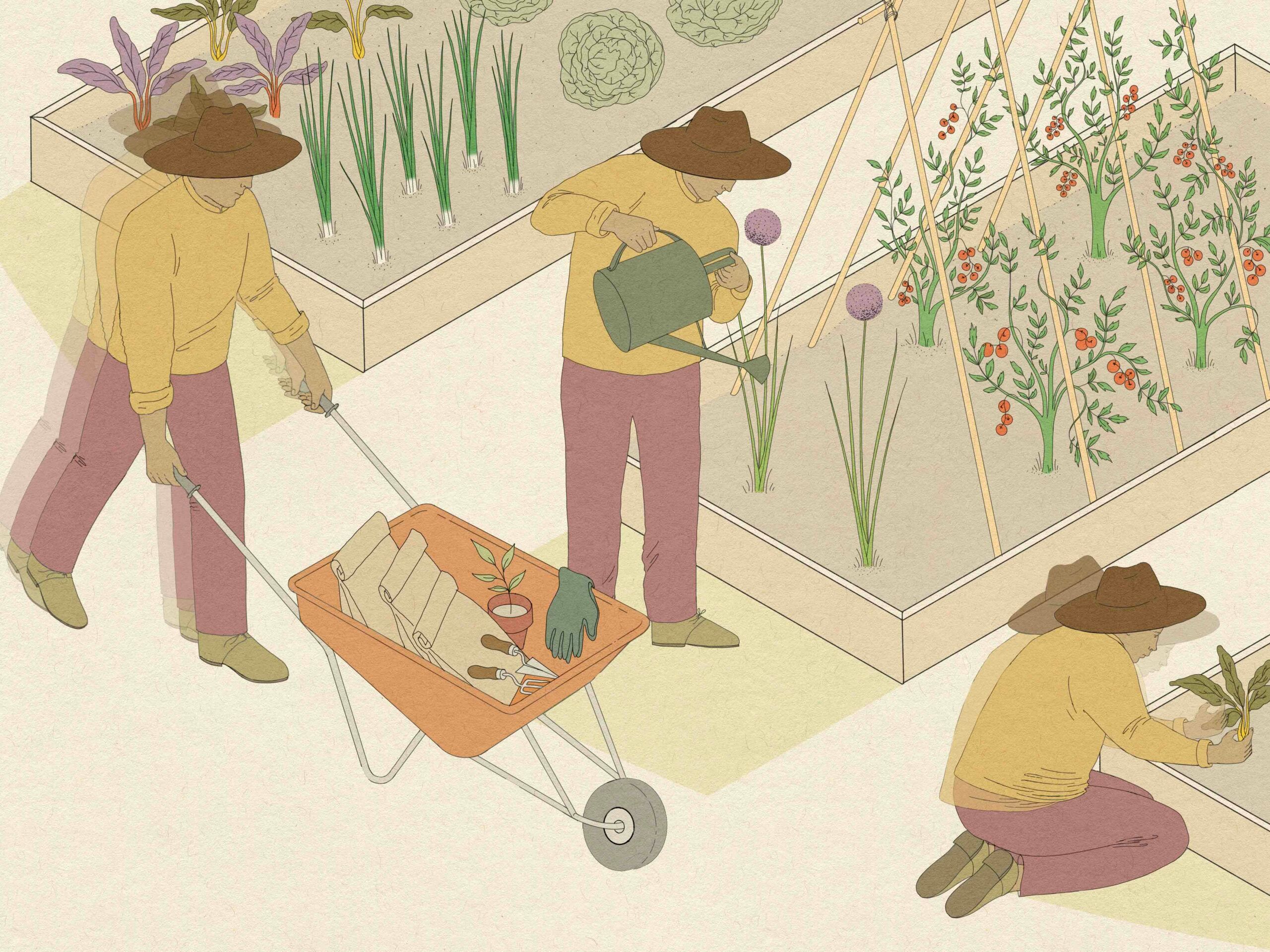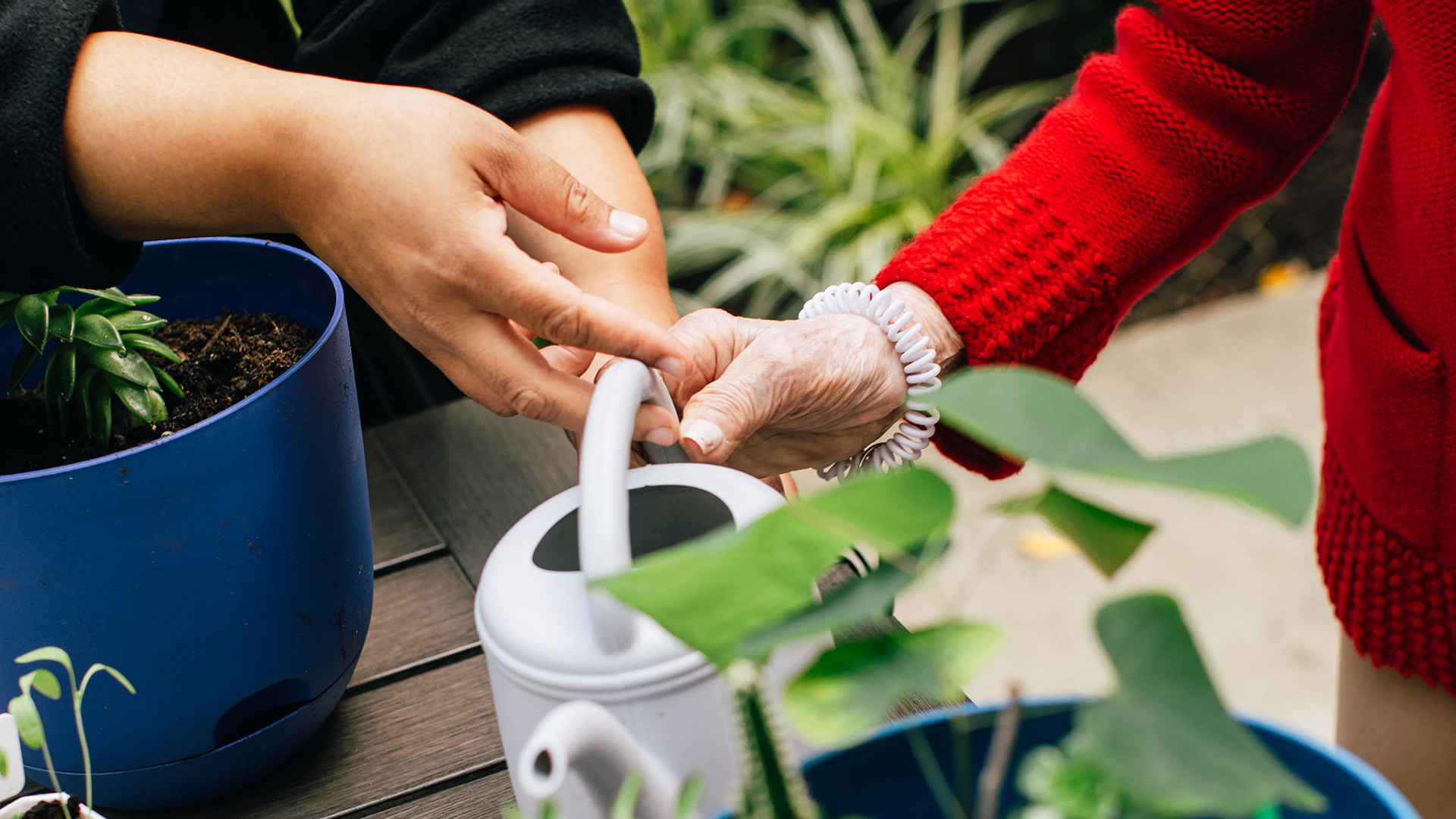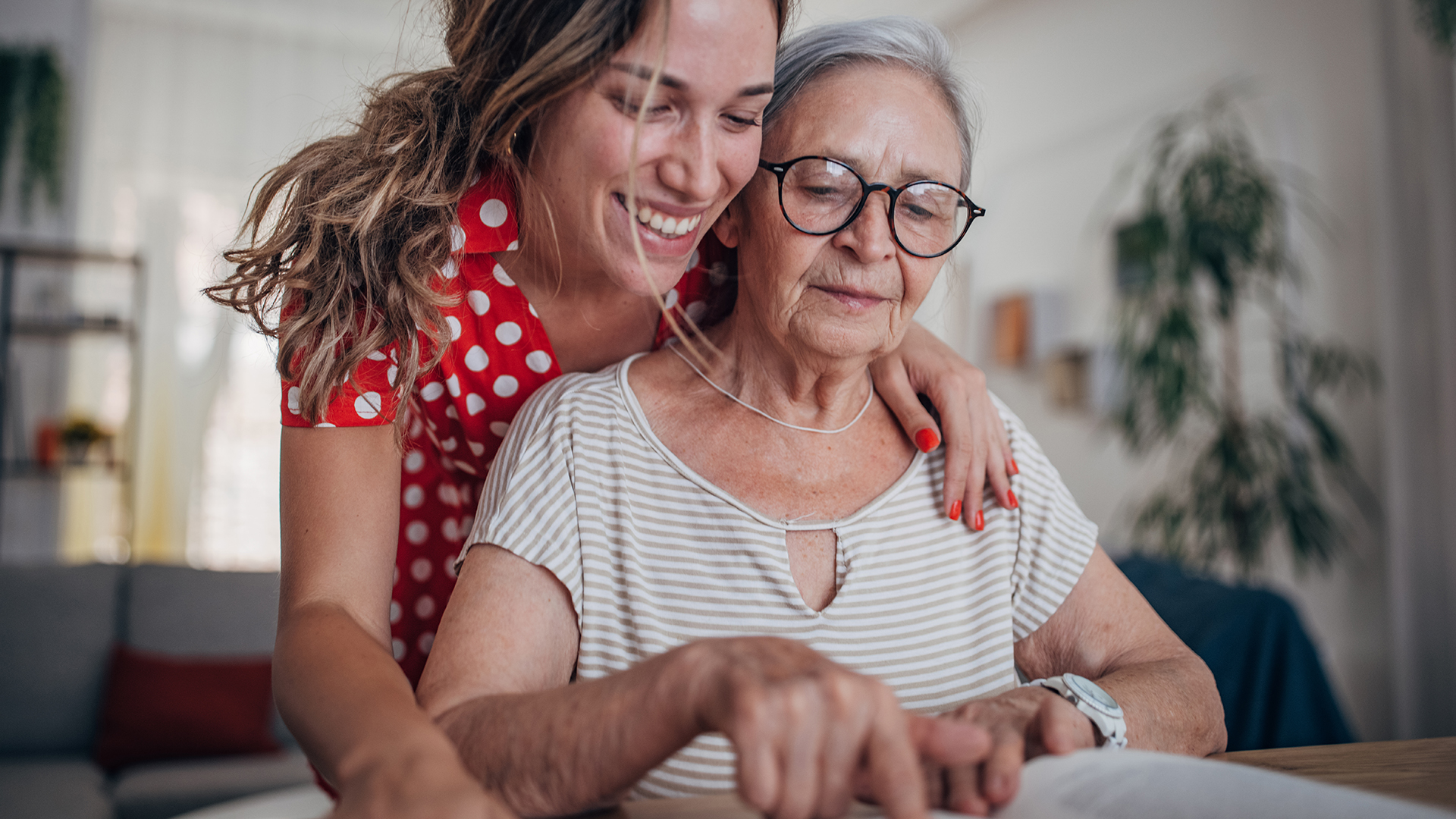Despite the fact that nearly four out of every 10 Americans will be diagnosed with cancer in their lifetimes, a cancer diagnosis is a bit like a sucker punch to the gut. It’s like it came out of nowhere, and the person who’s been diagnosed may feel shocked, confused and upset.
If your parent recently learned they have cancer, take time to research the diagnosis and proposed treatment. Learning the ins and outs of the cancer journey will lead to more clarity and, hopefully, less fear.
What to expect after a cancer diagnosis
It is impossible to predict exactly what you and your parent will face following a cancer diagnosis. After all, researchers have identified more than 100 types of cancer, each of which has its own treatment protocol.
Whatever type of cancer your parent has, it is natural to feel strong emotions – ranging from anxiety and depression to anger. Stress factors include side effects of cancer treatments, the costs of medical care and the abrupt (and sometimes permanent) change to your parent’s routine.
As you get your arms around your parent’s life with cancer, it’s best to be proactive. Here are some ways to start:
- Learn. Learn as much as you can about the cancer. When possible, study the information together. Talk to your parent’s medical team about the diagnosis and treatment regimen. Understand the realities of life with cancer so you can tackle the disease with confidence.
- Build a support system. Even though it’s your parent who has cancer, the experience can be overwhelming for the entire family. Put together a team of family, friends, caregivers and healthcare professionals who can provide emotional support or help care for your parent’s home (or pets) when they are in the hospital or not feeling well enough to maintain their home.
- Talk. Confide in a family member, good friend or counselor. Consider joining a cancer support group, which can help you feel heard and understood. You can also ask your physician about support groups or where to find a medical social worker. Whatever you do, don’t isolate yourself or keep sadness, anger or confusion to yourself.
- Gather your strength. Getting through cancer treatments can feel like running a marathon. It’s helpful to work on developing a mindset that is resilient as well as flexible.
10 things to do after a cancer diagnosis
Leading cancer treatments
Your parent’s treatment plan is based on the type of cancer and when it’s identified. Most people will receive more than one treatment. For example, some people may require surgery followed by chemotherapy and radiation therapy.
Here are some of the most common treatments and therapies for cancer:
- Biomarker testing is performed to assess the condition so a doctor can recommend the best treatment protocol.
- Chemotherapy is a drug treatment that destroys cancer cells. It is often used in combination with other treatments. Be sure to ask your parent’s doctor about side effects.
- Certain breast and prostate cancers use hormones to grow and spread. Hormone therapy slows down or halts the growth of these cancers. Discus the pros and cons of this therapy with an oncologist.
- Hyperthermia treatments heat up body tissue to damage and get rid of cancer cells – with little-to-no damage to normal tissue. This treatment is used on several kinds of cancers and pre-cancers.
- Immunotherapy turns your immune system into a cancer fighter. Different types of immunotherapy are used against various kinds of cancer.
- In photodynamic therapy, light is used to activate a cancer-killing drug. It’s typically used to target a specific area of the body.
- Radiation therapy harnesses high doses of radiation to destroy cancerous cells. It can also shrink tumors.
- Stem cell transplants restore cells that were killed during chemotherapy or radiation therapy. Stem cells are the building blocks that grow every type of cell – from blood cells to breast tissue.
- Targeted therapy works by targeting changes in cancer cells that interrupt their ability to grow.
Also, depending on your parent’s cancer type, they may be eligible to take part in a clinical trial. Ask your care team if this might be an option.
What to consider for older adults
Age is a major risk factor for developing cancer. In fact, people over 65 are 11 times more likely to get cancer than those under 65.
When doctors treat older people with cancer, they often temper the therapies based on the individual’s overall health. Sometimes, cancer experts avoid treatments that might help because they worry about the person’s safety.
However, there may be a sea change in geriatric oncology. A growing number of clinicians are basing treatments on a person’s physiological age rather than their chronological age. Ask your parent’s doctor if there is anything related to age that will limit treatment options – and how that might affect the prospects for recovery.
What to do about treatment side effects
On top of the side effects of the cancer itself, your parent might have to live with treatment-related side effects. They could lose their appetite, have diarrhea, lose their hair, feel sick to their stomach, experience nerve issues, have trouble sleeping and more.
Treatment side effects can be unpredictable. Two different people with the same cancer might react differently. On the other hand, two very typical treatment side effects are fatigue and pain. Fatigue is a nearly universal effect of cancer treatment. Pain is often associated with chemotherapy, surgery and radiation.
Alert your parent’s doctor of any side effects – a treatment might be available. Work together with the healthcare team to help manage pain and find the right relief.
Side effects following treatment
People who survive cancer might experience side effects long after treatment ends. Oncologists refer to this as late effects, which may result from chemotherapy, hormone therapy, surgery, radiation, immunotherapy and targeted therapies. Many cancer survivors do not experience late effects.
Rehabilitation during and after treatment
Talk to your parent’s healthcare professional about cancer rehabilitation. These treatments may help your mom or dad improve physical vitality and emotional balance. Cancer rehabilitation specialists focus on enhancing endurance, building strength and increasing mobility. They also work to lessen fatigue and pain, reduce anxiety, and treat a number of cancer treatment side effects that tend to stick around. Managing pain and going through a rehabilitation regimen can lead to a faster, more effective recovery.
Staying connected with your parent
As if being diagnosed with cancer isn’t enough, your mom or dad’s illness could strain your relationship. When your parent is tired, stressed or in pain, they may not feel like talking much. They might also be worried about losing their independence and having their life turned upside-down. They could even insist they don’t need any help.
While it’s not easy, communicate regularly and honestly with your parent. Make sure they are involved in decisions about their treatment plan. Speak candidly about what’s going on while respecting how they feel.
Is it time for extra assistance?
Even when you have a strong, committed support team of family, friends and neighbors, there might come a time when your parent needs extra support.
If your parent becomes too weak physically to care for themselves, is making poor diet choices or has become withdrawn, don’t wait to reach out for professional help.
Some people who have had cancer do well with in-home care. Others get exactly what they need in an assisted living community. In fact, why not consider a short-term stay at Atria? This might make a perfect transition following hospitalization or a rehab stay. Locate an Atria community near you.
Atria Senior Living is here to help
With more than 25 years of experience serving families like yours, we are happy to share our expertise and offer any support we can to help your parent live a fulfilling life after a cancer diagnosis.
Let us call on our relationships with trusted senior living professionals to help you find the best solution for your parent.
Feel free to reach out to your local Atria community director today.






